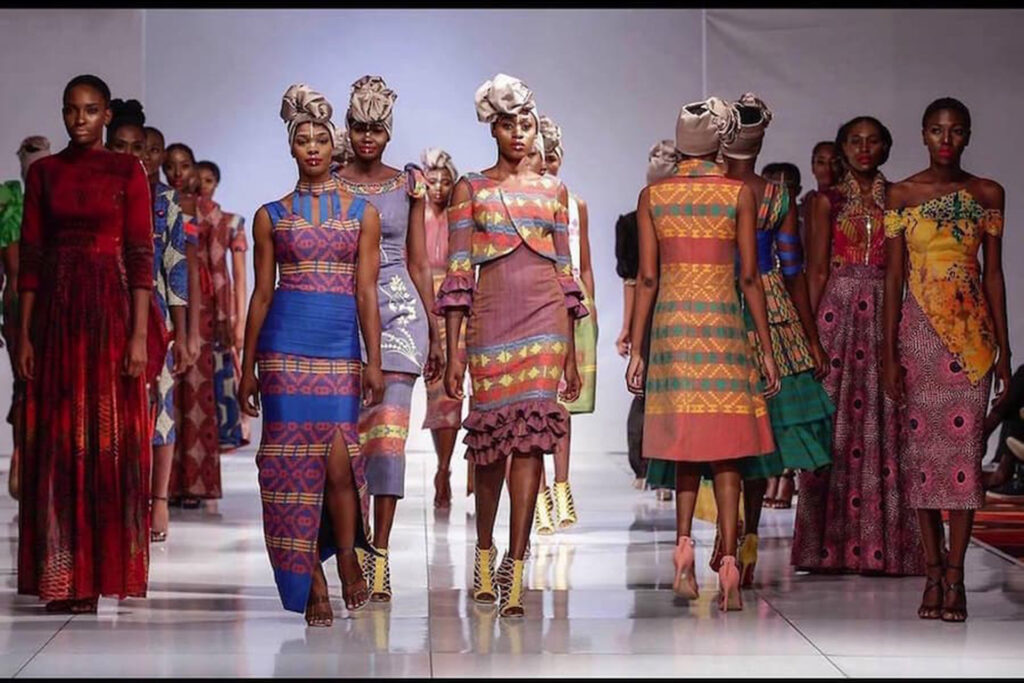Across the vast and diverse continent of Africa, a lifestyle revolution is quietly unfolding one that weaves together cultural pride, wellness, fashion, and sustainability. More than just a trend, this movement reflects a deep-rooted return to traditional wisdom while embracing innovation in the ways people live, dress, and care for themselves and the environment.
In urban and rural areas alike, many Africans are rediscovering the value of natural wellness. Holistic health practices once dismissed or overshadowed by western medical models are making a comeback. Indigenous herbal remedies, plant-based diets, mindfulness, and community-centered living are being embraced not only for their effectiveness but also for their ability to preserve cultural heritage. From shea butter used for skincare in West Africa to moringa-based detox regimens in East Africa, nature’s pharmacy is once again taking center stage.
In fashion, Africa’s creative scene is thriving. Designers are blending traditional textiles and techniques with modern aesthetics, resulting in garments that tell stories of ancestry, strength, and identity. Fabrics like kente, kikoy, shweshwe, and bogolanfini are being reinterpreted into contemporary silhouettes that appeal to both local and global markets. This fashion renaissance isn’t just about looking good it’s a statement of pride, resistance, and reclaiming narrative.
At the heart of both wellness and fashion is a growing commitment to sustainability. African creatives and consumers alike are becoming more conscious of the environmental and social impact of their choices. Slow fashion movements are encouraging people to buy less but better favoring durable, ethically made items over fast fashion imports. Artisans are recycling and upcycling materials, crafting accessories from discarded fabrics, metals, or plastics, turning waste into beauty.
Sustainable living also extends into housing, agriculture, and energy. Eco-conscious architecture that incorporates local materials like mud brick, bamboo, or thatch is gaining popularity, especially in regions where climate adaptation is critical. Urban gardens, organic farming, and solar-powered homes are no longer rare exceptions they’re becoming aspirational models of success.
Importantly, this movement is not only the domain of elites or urban dwellers. Grassroots initiatives led by women’s groups, youth collectives, and local cooperatives are driving much of the change. Their work ensures that the benefits of wellness, fashion, and sustainability reach all segments of society.
To live the African way today is to find balance between the past and the future. It’s a celebration of authenticity, a journey of self-care, and a powerful shift toward living with purpose and respect for the earth, for the culture, and for the self.

